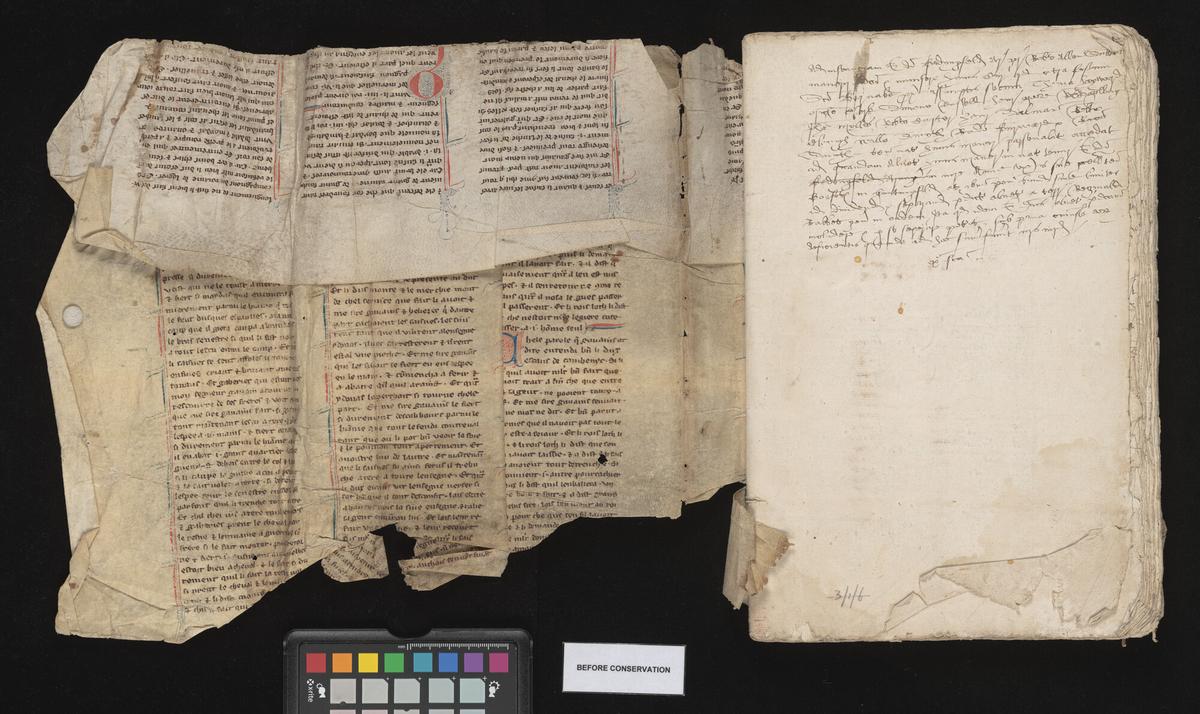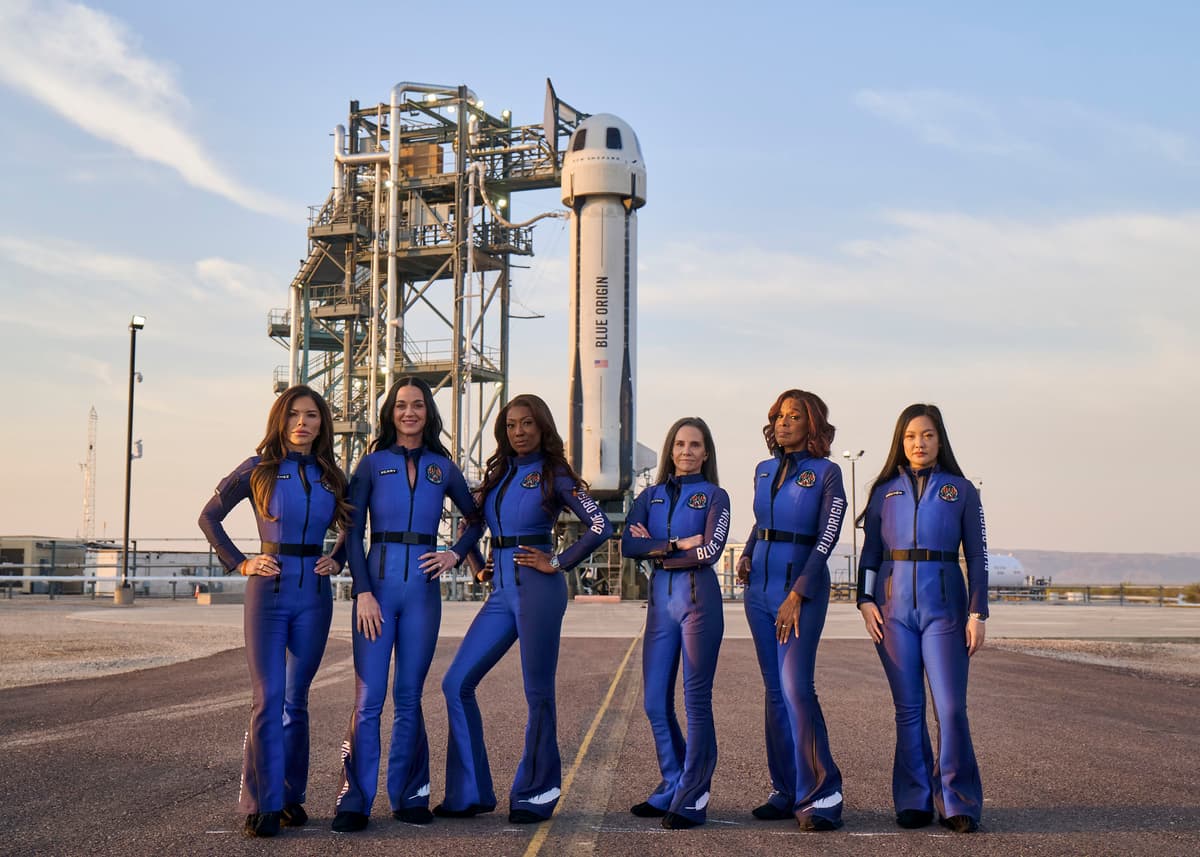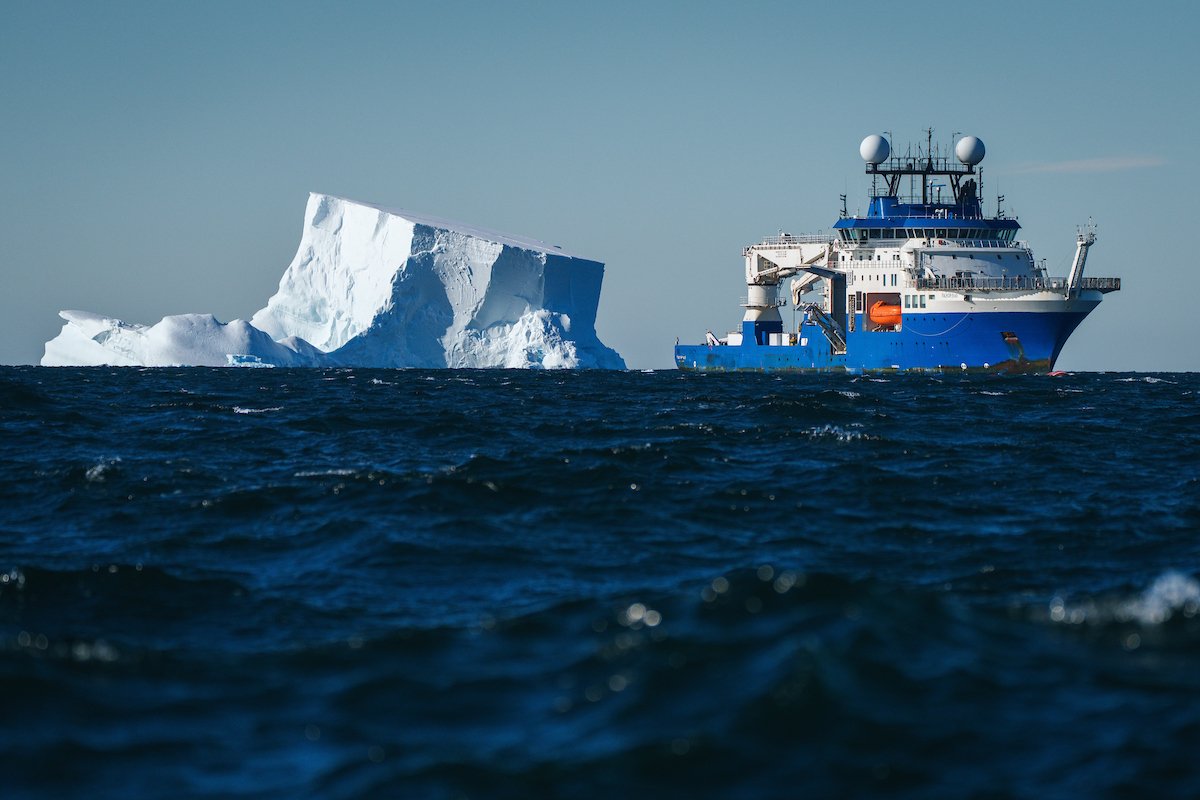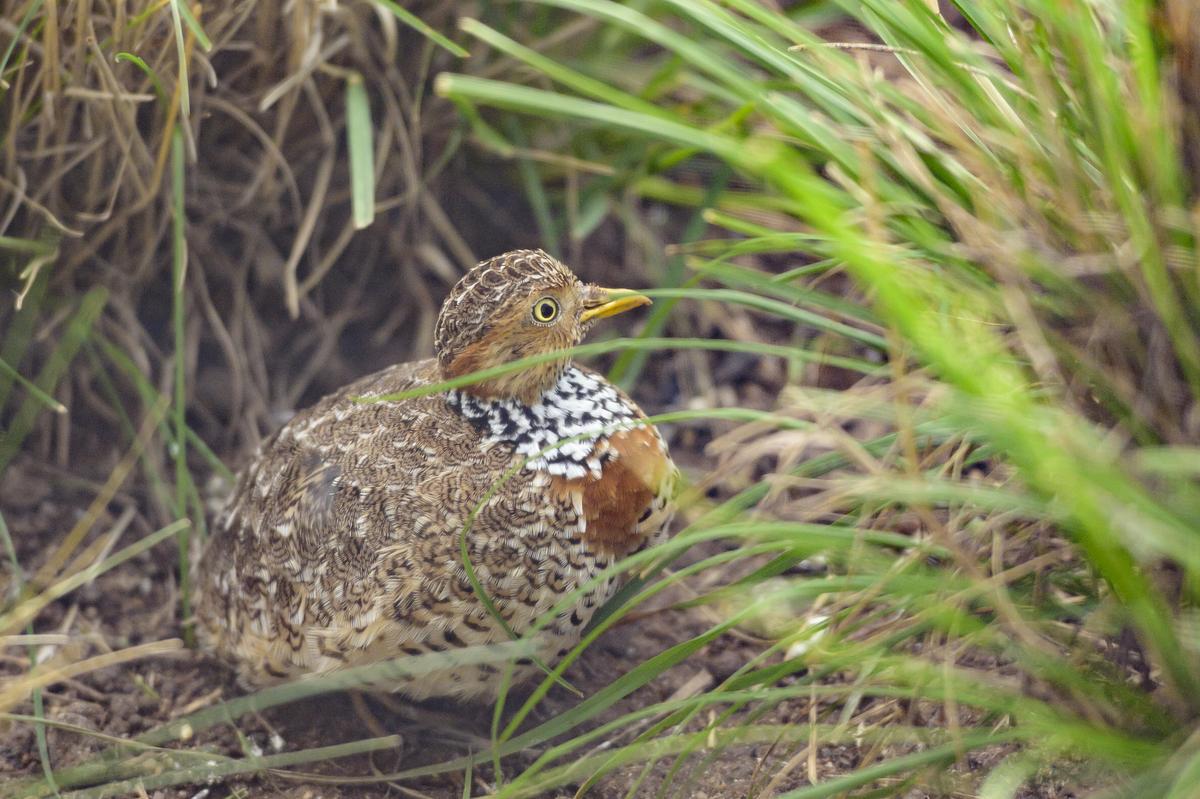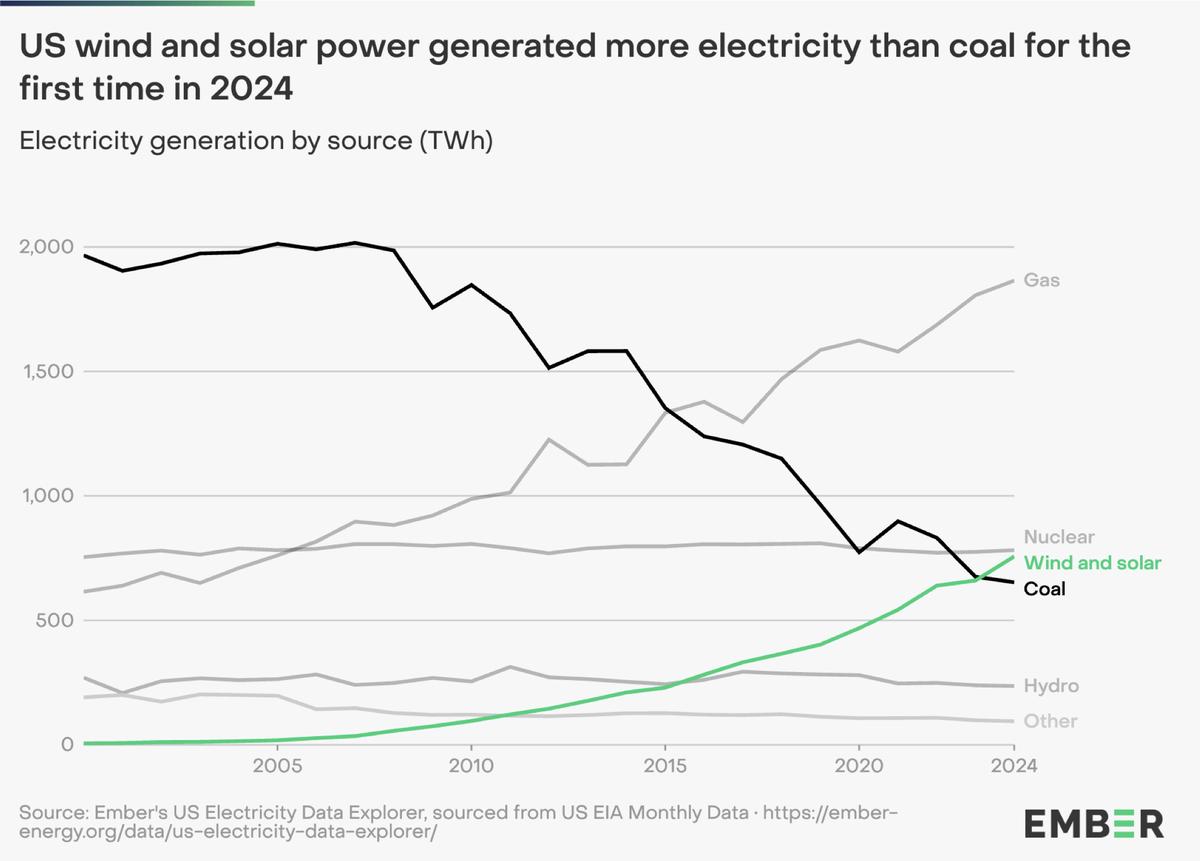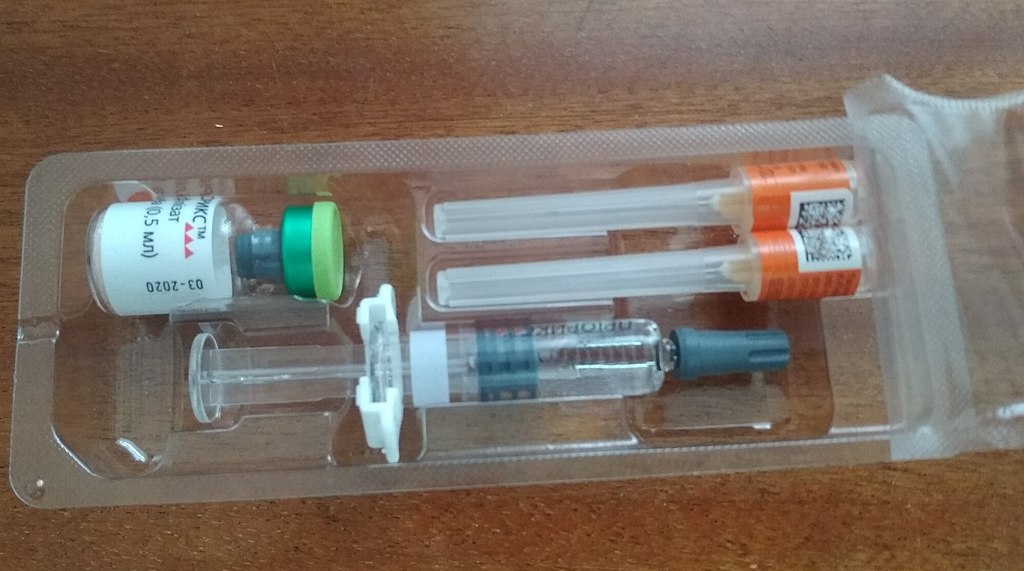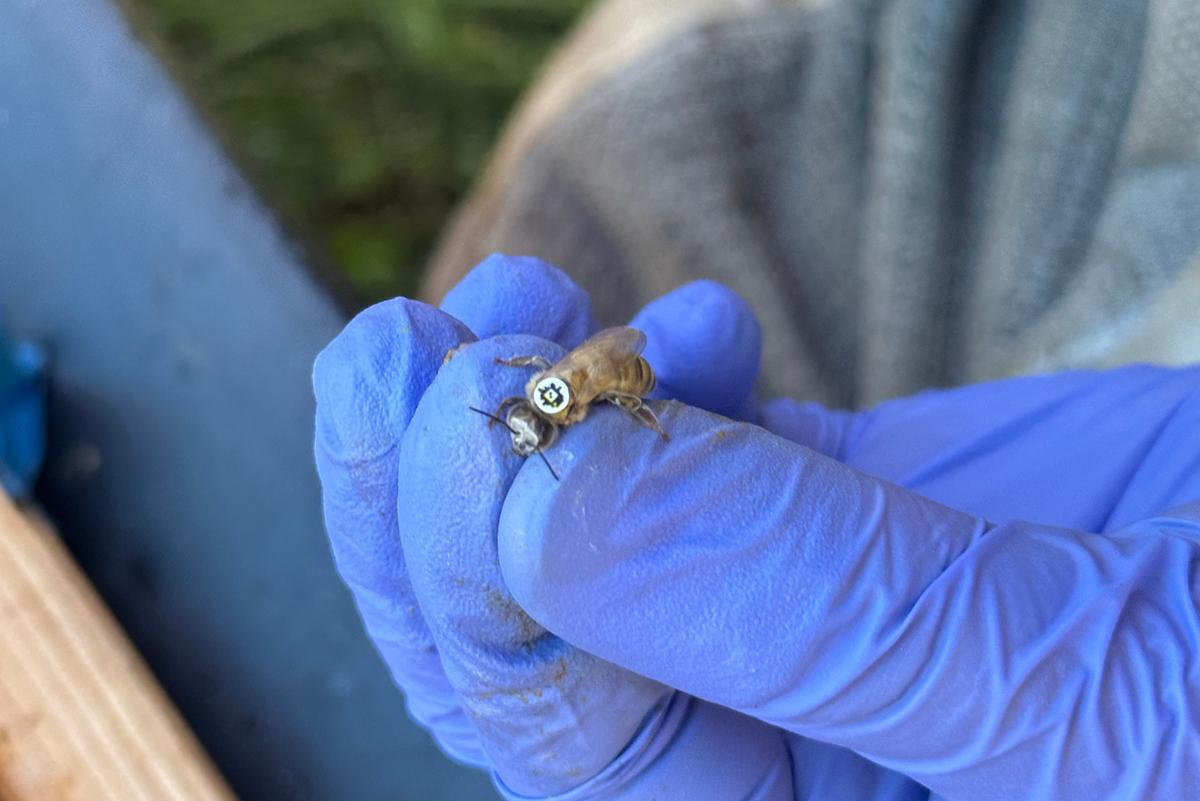On Earth Day - April 22 - the XPrize announced the winners of its Carbon Removal contest. A company called Mati Carbon won the $50 million prize. Their method is simple, but it could remove huge amounts of carbon dioxide and also help farmers grow more food.
Published in “Science”
Scientists working at the Cambridge University Library have discovered a lost story from the middle ages about King Arthur and Merlin. The story was hiding in plain sight - it had been used as a book cover. Now scientists have carefully "unfolded" the book cover digitally, revealing the hidden story.
Last Saturday, a half marathon was held in Beijing, China. About 12,000 runners took part. On a separate track, beside the human runners, 21 human-like robots tackled the same challenge. It was the first race of its kind. Despite the challenges, six robots finished the race.
Yesterday was the 55th celebration of Earth Day. This year's theme was "Our Power, Our Planet", with a focus on how rapidly growing renewable energy sources are promising hope in the fight against the climate crisis.
On Monday, the aerospace company Blue Origin launched its spacecraft RSS Kármán Line on a ten minute trip into space. The spaceship carried the first all-female crew to go into space since Russian astronaut Valentina Tereshkova's solo mission in 1963.
The 2025 Major League Baseball season has only recently started. But already, it's got lots of people talking. But what they're talking about might come as a surprise - a strangely shaped bat, called a "torpedo bat". Some players believe the bat will help them hit more home runs.\
In January, an iceberg as large as Chicago separated from an ice shelf in Antarctica. By chance, a scientific research ship was nearby. The scientists jumped at the rare chance to study an area of the ocean floor that had been covered by ice for thousands of years. What they found surprised them.
Scientists in Australia have used Artificial Intelligence (AI) to help them locate a rare bird called the Plains-wanderer. This new information will help scientists protect the birds, which are endangered.
Last year, the US got more of its electricity from wind and solar power than from coal. It's the first time that's ever happened, and it shows how quickly the US is moving toward cleaner energy sources. Because renewable energy is so cheap, it will probably continue to grow, despite President Donald Trump's push to increase fossil fuel use.
The US is facing a serious measles outbreak, with over 300 cases reported across 14 states so far this year. That's more cases in the first three months of 2025 than in all of last year. The rise in measles cases is connected to a drop in vaccination rates.
Scientists at Penn State University used an unusual method to track honey bees. By placing tiny QR codes on the backs of the bees, the researchers can keep track of when the bees leave and return to their hives. The work will help scientists learn more about how bees collect food and how far they travel.


